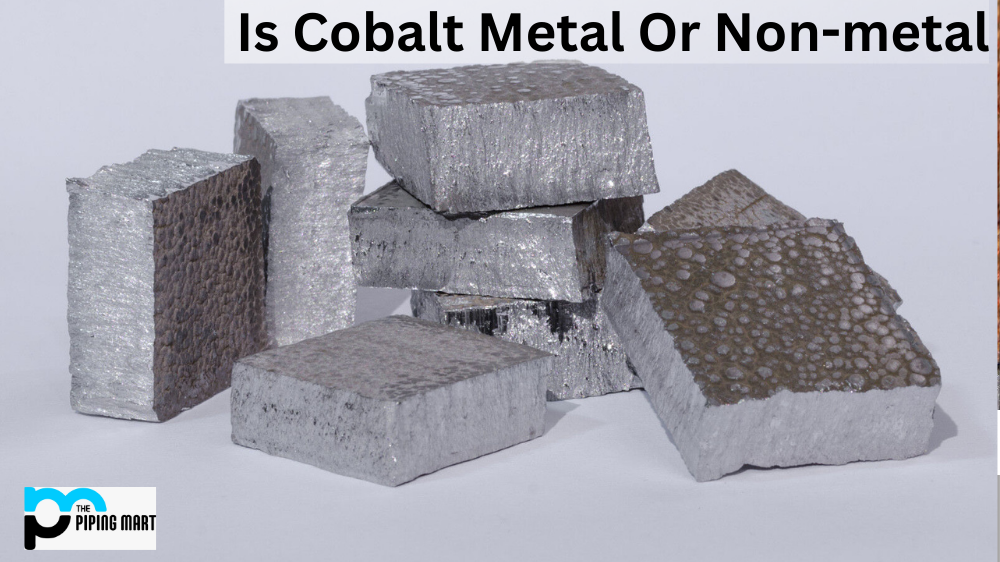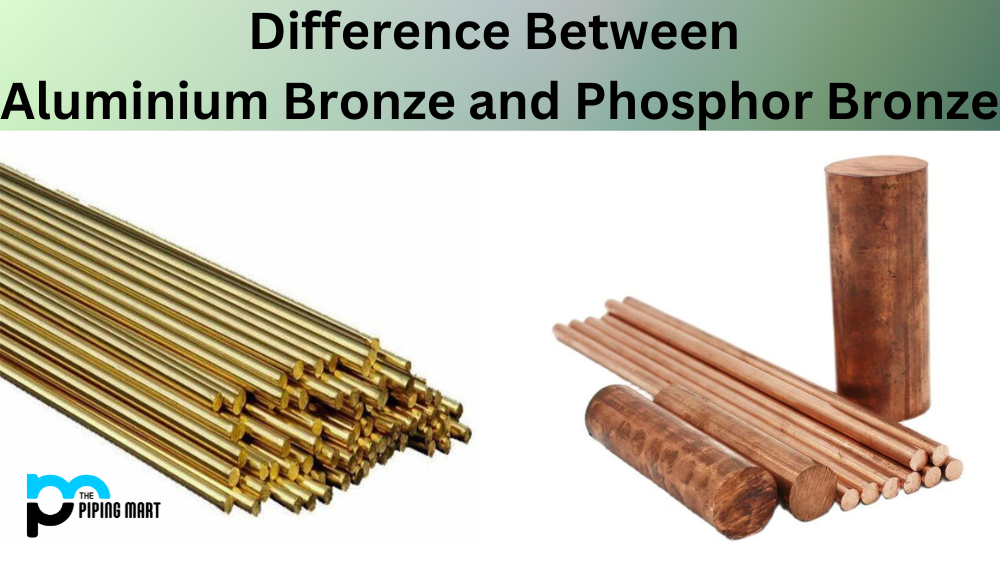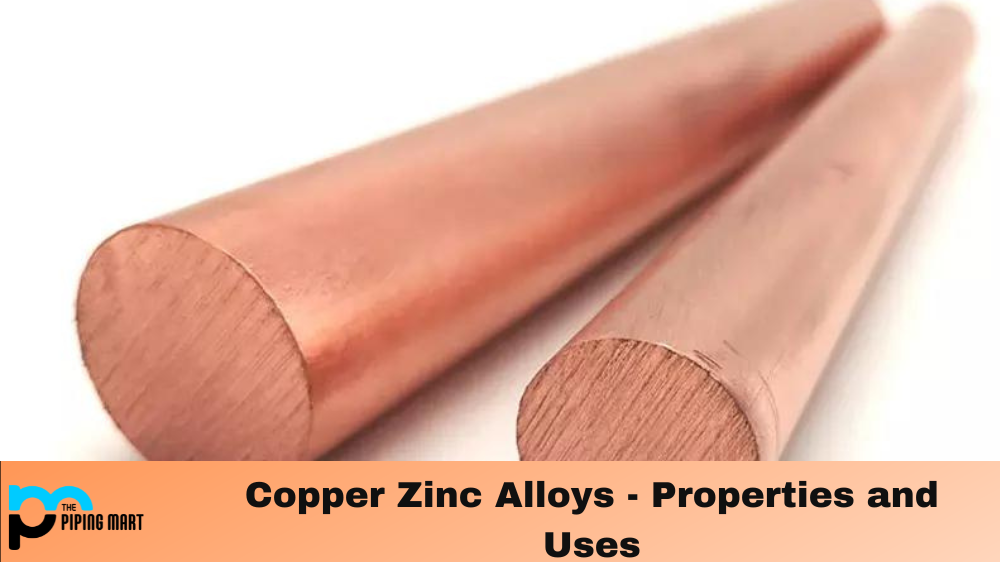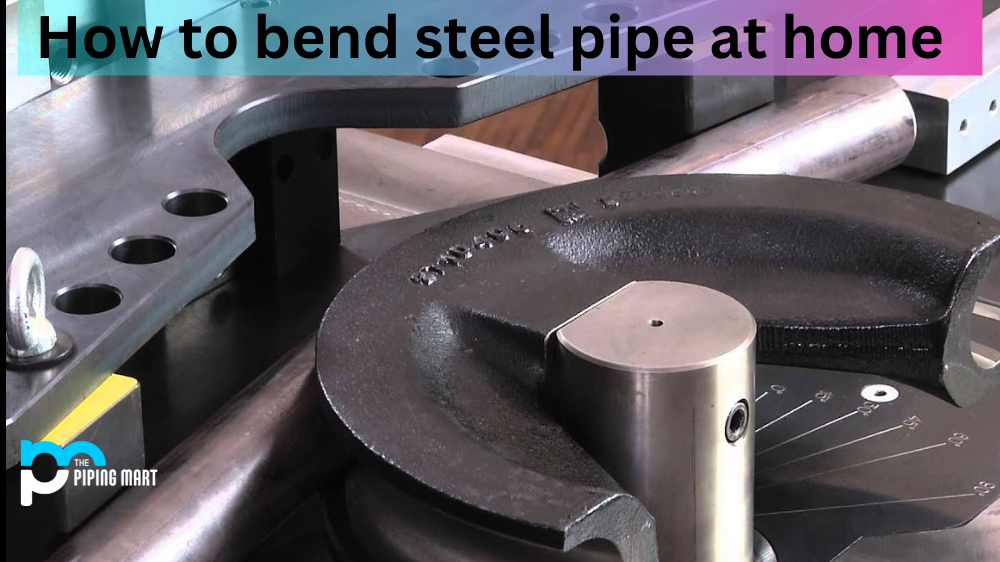Have you ever wondered whether cobalt is a metal or nonmetal? The answer may surprise you—cobalt is both. This blog post will explore why cobalt fits into both categories and why it’s essential to understand.
What is Cobalt?
Cobalt is a chemical element with the symbol Co and atomic number 27. It is found in nature as an ore (an impure form of the component) and is also available commercially as a pure metal or alloy. Cobalt has been known since ancient times and was used to make blue glass and pottery glazes in classical Rome. In modern times, cobalt has become increasingly essential in industrial processes due to its unique properties, which allow it to perform a wide range of functions.
Why Is Cobalt Both Metal & Nonmetal?
The answer lies in the electron configuration of cobalt atoms. Atoms are made up of three subatomic particles—protons, neutrons, and electrons—and the arrangement of these particles determines the type of atom. The electrons determine what type of bond an atom can form with other atoms; metals tend to have more electrons than nonmetals and form metallic bonds, while nonmetals usually have fewer electrons than metals and form covalent bonds. This means that cobalt can be classified as metal and nonmetal because it has enough electrons for metallic bonding but not enough for covalent bonding. Cobalt is classified as a transition metal,meaning that it shares characteristics of both metals and nonmetals. In its purest form, cobalt is a hard silver-gray metal with properties similar to iron and nickel. It is also highly magnetic and conducts electricity well.
Uses of Cobalt
Given its ability to exist as both metal and nonmetal, cobalt has many uses across industry sectors, including automotive manufacturing, aerospace engineering, medical technology, electronics production, construction materials manufacturing, jewelry design, additive manufacturing technologies (3D printing), energy storage devices like lithium-ion batteries or fuel cells, etc. It’s also used in some alloys like stainless steel due to its high melting point and strength at elevated temperatures. Additionally, cobalt compounds are used in catalysts which help speed up chemical reactions without being consumed by them; this makes them ideal for use in industrial processes like petroleum refining or producing chemicals like ethylene oxide (used to make plastics).
Conclusion
As we have seen from this blog post, cobalt is an incredibly versatile element that can be classified as metal and nonmetal depending on its electron configuration. Its unique properties make it useful for various applications across industries such as automotive manufacturing, aerospace engineering, medical technology production, electronics production, etc., and alloys like stainless steel due to its high melting point and strength at elevated temperatures. Furthermore, it’s also used in catalysts that enable chemical reactions without being consumed; this makes them ideal for industrial processes like petroleum refining or producing chemicals like ethylene oxide (used to make plastics). Thus we can see why understanding cobalt is so essential!

Pipingmart is a B2B portal that specializes in metal, industrial and piping items. Additionally, we share the latest information and information about materials, products and various types of grades to assist businesses that are involved in this business.




